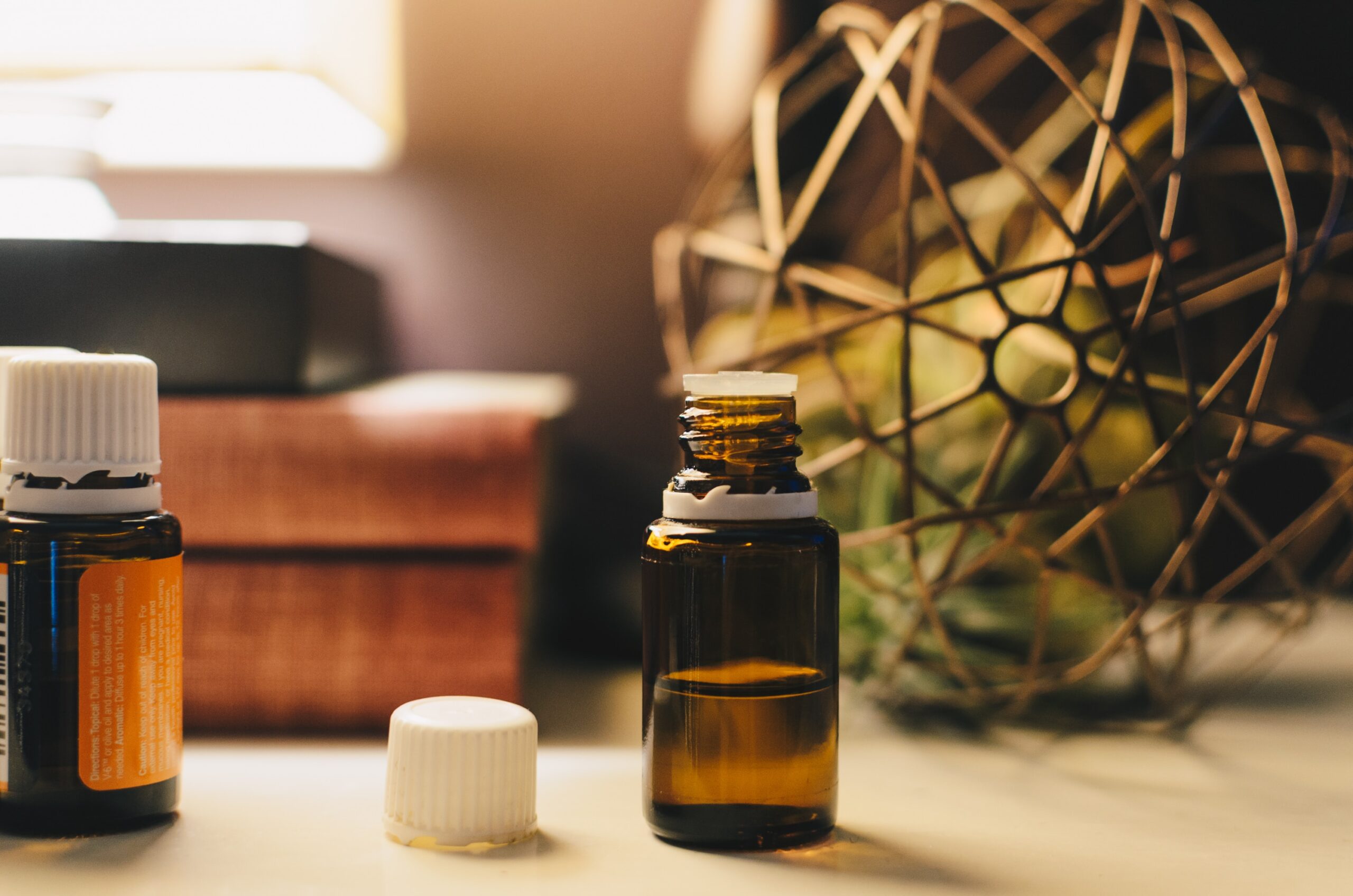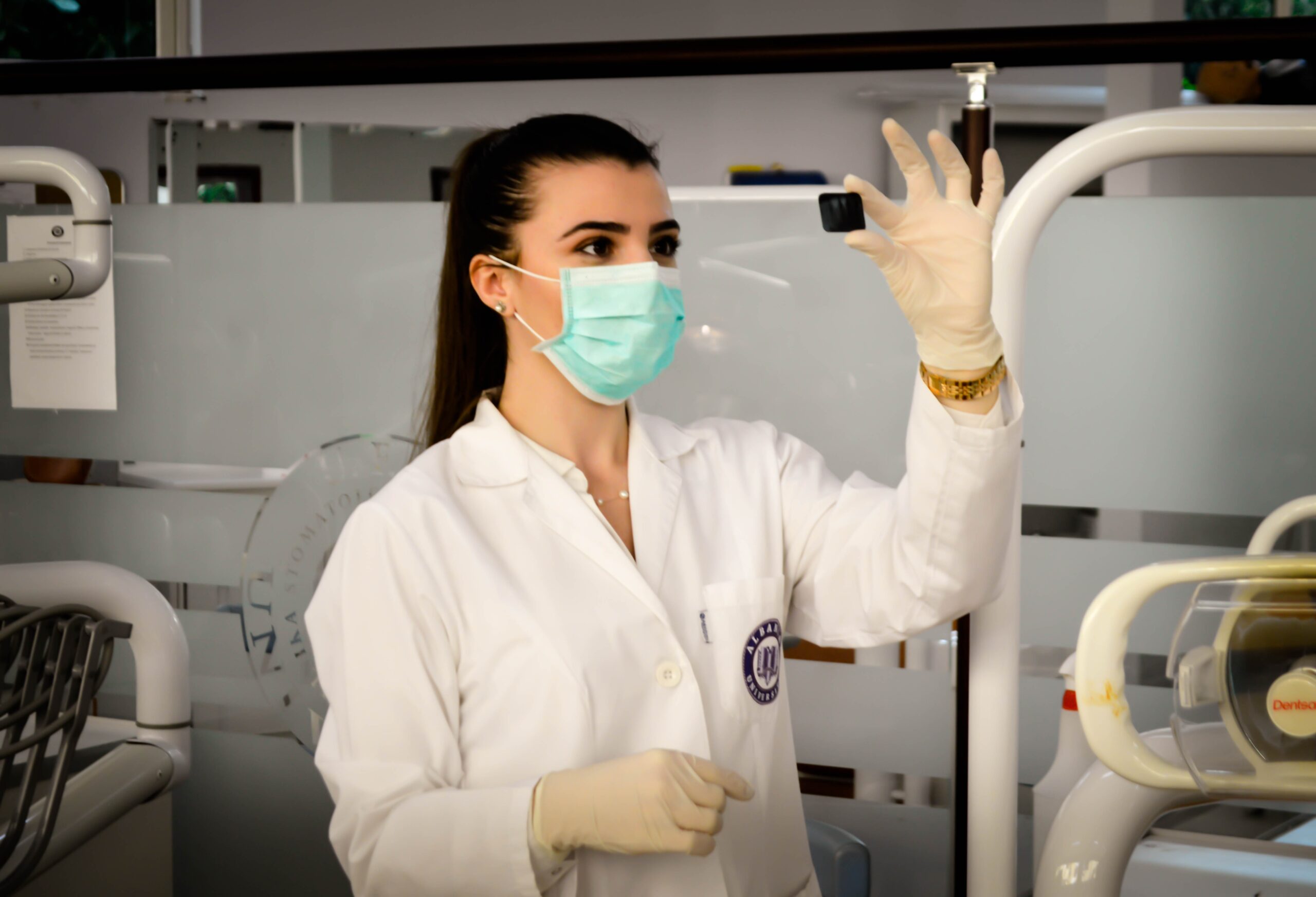In our quest for optimal health and wellness, we often come across various terms and treatments that promise to bring balance to our bodies. One such term that has gained popularity in recent years is “bioidentical hormones.” But what exactly are bioidentical hormones? Simply put, they are hormone replacements that are designed to be identical in structure and function to the hormones naturally produced by our own bodies. By understanding the ins and outs of this fascinating field, we can make informed decisions about our hormone health and embark on a journey towards overall well-being.

Definition of Bioidentical Hormones
Bioidentical Hormones Explained
Bioidentical hormones, as the name suggests, are hormones that are identical in molecular structure and function to the hormones naturally produced in the human body. They are derived from plant sources, such as soybeans or yams, and are designed to mimic the hormones that our bodies naturally produce, such as estrogen, progesterone, testosterone, and cortisol. These hormones are then synthesized in a laboratory to create bioidentical hormone formulations that can be used to treat hormonal imbalances and alleviate symptoms associated with aging, menopause, and other hormone-related conditions.
Origin of Bioidentical Hormones
The concept of bioidentical hormones originated from the field of hormone replacement therapy (HRT). HRT has long been used to alleviate menopausal symptoms and rebalance hormone levels in women. However, traditional HRT often involved the use of synthetic hormones, which were not identical to the hormones naturally produced by the body. With growing concerns about the safety and efficacy of synthetic hormones, researchers began exploring the use of bioidentical hormones as an alternative.
How Bioidentical Hormones are Made
Bioidentical hormones are made through a process called compounding. Compounding pharmacies take the raw materials sourced from plants, such as soy or yam, and use a compounding machine to convert them into the specific molecular structure of the desired hormone. This process ensures that the resulting bioidentical hormone is structurally identical to the hormone naturally produced in the human body. The compounded bioidentical hormones can then be formulated into various dosage forms, such as creams, gels, patches, pellets, injections, or oral medications, depending on the patient’s needs and preferences.
Benefits of Bioidentical Hormones
Relieving Hormonal Imbalances
One of the key benefits of bioidentical hormones is that they can help relieve hormonal imbalances in the body. Hormonal imbalances can occur as a result of factors such as aging, stress, diet, or certain medical conditions. Bioidentical hormones can help restore balance by supplementing the body with the hormones it needs. For example, women experiencing perimenopause or menopause may have decreased levels of estrogen and progesterone, leading to a range of symptoms like hot flashes, mood swings, and fatigue. Bioidentical hormone therapy can help regulate these hormones and alleviate these symptoms.
Reducing Menopausal Symptoms
Menopause is a natural biological process that every woman goes through as she transitions from her reproductive years to postmenopause. However, the hormonal changes that occur during this time can result in a variety of uncomfortable symptoms. Bioidentical hormones, particularly estrogen and progesterone, can be effective in reducing menopausal symptoms such as hot flashes, night sweats, vaginal dryness, and mood swings. By replenishing the declining hormone levels, bioidentical hormone therapy can help women navigate the challenges of menopause with greater ease and comfort.
Improving Overall Health
Hormones play a crucial role in regulating various bodily functions and maintaining overall health. Bioidentical hormone therapy can help optimize hormone levels, promoting better physical and mental well-being. For example, balanced estrogen levels are important for maintaining bone density, cardiovascular health, and cognitive function. By addressing hormonal imbalances, bioidentical hormone therapy can potentially improve these aspects of health and reduce the risk of conditions such as osteoporosis, heart disease, and cognitive decline.
Enhancing Quality of Life
The symptoms associated with hormonal imbalances or deficiencies can significantly impact a person’s quality of life. Fatigue, mood swings, low libido, and weight gain are just a few examples of symptoms that can take a toll on both physical and emotional well-being. Bioidentical hormone therapy can help alleviate these symptoms, restoring energy, emotional stability, sexual vitality, and overall quality of life. By rebalancing hormone levels, individuals may experience improved mood, increased energy levels, heightened libido, and better overall physical and emotional well-being.
Types of Bioidentical Hormones
Estrogen
Estrogen is a hormone primarily associated with female reproductive health. It plays a key role in the menstrual cycle, bone health, and cardiovascular health. Bioidentical estrogen is available in various forms, including creams, gels, patches, and oral medications. The different forms allow for personalized treatment options based on individual needs and preferences.
Progesterone
Progesterone is another hormone primarily found in women, although men also produce small amounts of it. It plays a crucial role in preparing the uterus for pregnancy and maintaining a healthy pregnancy. Bioidentical progesterone can be used to rebalance hormone levels and regulate the menstrual cycle. It is available in various forms, such as creams, gels, and oral medications.
Testosterone
While often associated with male reproductive health, testosterone is also present in women, albeit in smaller amounts. Testosterone is important for maintaining bone health, muscle mass, and sex drive in both men and women. Bioidentical testosterone can be used to address testosterone deficiencies, such as low libido or decreased muscle strength. It can be administered through creams, gels, patches, pellets, or injections.
DHEA
Dehydroepiandrosterone (DHEA) is a precursor hormone that is converted into other hormones, including estrogen and testosterone, in the body. As we age, DHEA levels often decline, which can affect hormone balance and overall well-being. Bioidentical DHEA can be used to replenish declining levels and support hormone balance. It is typically available in oral medication form.
Thyroid Hormones
The thyroid gland produces hormones that regulate metabolism, energy levels, and body temperature. Bioidentical thyroid hormones, such as levothyroxine and liothyronine, can be used to treat thyroid disorders such as hypothyroidism or Hashimoto’s disease. They are available in oral medication form.
Cortisol
Cortisol is a hormone responsible for regulating the body’s response to stress and inflammation. Chronic stress and imbalances in cortisol levels can have negative effects on overall health and well-being. Bioidentical cortisol can be used to rebalance cortisol levels and improve stress response. It is typically available in oral medication form.
Difference Between Bioidentical and Synthetic Hormones
Chemical Composition
Bioidentical hormones have a chemical structure that is identical to the hormones naturally produced in the body. In contrast, synthetic hormones, such as those used in traditional hormone replacement therapy, have a different chemical structure and may not be recognized or utilized by the body in the same way.
Processing Methods
Bioidentical hormones are derived from plant sources and undergo a compounding process to create the specific molecular structure of the desired hormone. Synthetic hormones, on the other hand, are chemically synthesized in a laboratory using artificial processes and ingredients.
Individualized Treatment
Bioidentical hormone therapy can be tailored to individual needs and hormone levels. Compounding pharmacies can create customized formulations with specific hormone concentrations to address each person’s unique hormonal imbalances. In contrast, synthetic hormone therapy often involves standardized doses that may not be suitable for everyone.
Safety Profile
Bioidentical hormones are believed to have a more favorable safety profile compared to synthetic hormones. Since bioidentical hormones are structurally identical to the hormones naturally produced in the body, they are thought to be better recognized and metabolized by the body. This may reduce the risk of adverse effects associated with synthetic hormones.
Effectiveness
Both bioidentical and synthetic hormones have been found to effectively alleviate symptoms associated with hormone imbalances. However, some studies suggest that bioidentical hormones may have a more targeted and beneficial effect on specific tissues or symptoms compared to synthetic hormones. Further research is needed to fully understand the comparative efficacy of bioidentical and synthetic hormones.

Conditions Treated with Bioidentical Hormones
Menopause
Menopause is a natural biological process that occurs in women as they reach the end of their reproductive years. Bioidentical hormone therapy can help alleviate the symptoms associated with menopause, such as hot flashes, night sweats, mood swings, and vaginal dryness, by rebalancing hormone levels.
Perimenopause
Perimenopause refers to the transitional period leading up to menopause when hormonal fluctuations begin to occur. Bioidentical hormones can be used to address the symptoms associated with perimenopause, such as irregular periods, mood changes, and sleep disturbances.
Premenstrual Syndrome (PMS)
Premenstrual syndrome is a collection of physical and emotional symptoms that some women experience in the days leading up to their menstrual period. Bioidentical hormone therapy can be used to rebalance hormone levels and alleviate symptoms such as bloating, breast tenderness, mood swings, and fatigue.
Hormone-related Disorders
Bioidentical hormone therapy can be used to treat hormone-related disorders such as polycystic ovary syndrome (PCOS) or endometriosis. By rebalancing hormone levels, bioidentical hormones can help manage symptoms and improve overall well-being.
Adrenal Fatigue
Adrenal fatigue is a term used to describe a collection of symptoms that occur when the adrenal glands are not functioning optimally. Bioidentical cortisol, the hormone produced by the adrenal glands, can be used to rebalance cortisol levels and improve stress response and energy levels.
Administration of Bioidentical Hormones
Topical Creams and Gels
One of the most common forms of bioidentical hormone administration is through topical creams and gels. These preparations are applied to the skin and absorbed into the bloodstream, allowing for direct delivery of the hormones.
Patches
Bioidentical hormone patches are another popular method of administration. The patch is applied to the skin, and the hormones are absorbed through the skin and into the bloodstream gradually over time. Patches can provide a steady release of hormones and are typically worn for a certain period before being replaced.
Pellets
Bioidentical hormone pellets are small, cylindrical tablets that are implanted under the skin. These pellets slowly release hormones over an extended period, typically three to six months. Pellets provide a convenient option for those who prefer a less frequent administration method.
Injections
Intramuscular or subcutaneous injections can be used to administer bioidentical hormones. This method allows for a precise dosage and immediate delivery of the hormones into the bloodstream. Injections are typically performed by a healthcare professional.
Oral Medications
Bioidentical hormones can also be taken orally in the form of capsules or tablets. This method allows for systemic delivery of the hormones, but it is important to note that oral administration may result in some variation in hormone absorption and metabolism.

Risks and Side Effects of Bioidentical Hormones
Individual Sensitivities
As with any medication or treatment, individuals may have varying sensitivities or reactions to bioidentical hormones. It is important to work closely with a healthcare professional to monitor and adjust dosages based on individual needs and responses.
Dosage Timing and Adjustments
Finding the right dosage and timing of bioidentical hormones is crucial for optimal effectiveness and minimizing potential side effects. Close monitoring and periodic adjustments may be necessary to ensure hormone levels are adequately balanced.
Breast and Uterine Cancer
The use of bioidentical hormones, particularly estrogen and progesterone, has been associated with a potential increase in the risk of certain cancers such as breast and uterine cancer. It is important to carefully consider individual risk factors and discuss them with a healthcare professional.
Cardiovascular Risks
Hormone therapy, including bioidentical hormone therapy, has been associated with potential cardiovascular risks, such as an increased risk of blood clots, stroke, or heart disease. It is important for individuals with existing cardiovascular conditions or risk factors to discuss the potential risks and benefits with their healthcare provider.
Other Potential Side Effects
Bioidentical hormone therapy can cause side effects such as menstrual changes, fluid retention, mood swings, breast tenderness, acne, or headaches. These side effects are usually mild and tend to resolve over time or with dosage adjustments.
Consulting a Healthcare Professional
Finding a Qualified Practitioner
When considering bioidentical hormone therapy, it is important to find a healthcare professional who specializes in this field and has experience in prescribing and monitoring hormone therapy. Look for practitioners who are knowledgeable about hormone imbalances and have a thorough understanding of the benefits, risks, and potential side effects of bioidentical hormones.
Assessment and Testing
Prior to starting bioidentical hormone therapy, a comprehensive assessment and appropriate testing should be conducted. This may include hormone level testing, medical history review, physical examination, and assessment of individual symptoms and goals. These evaluations help determine the appropriate hormone treatment plan for each individual.
Customizing Treatment Plans
Bioidentical hormone therapy should be tailored to each individual’s unique needs and goals. A qualified healthcare professional will work with the patient to develop a customized treatment plan, taking into account factors such as age, hormone levels, medical history, and lifestyle.
Monitoring Progress
Regular monitoring of hormone levels and symptom assessment is essential during bioidentical hormone therapy. This allows for adjustments to dosage or treatment approach as needed to ensure optimal hormonal balance and symptom relief. Ongoing communication with the healthcare professional is vital to monitor progress and address any concerns or changes in symptoms.

Popularity and Controversy Surrounding Bioidentical Hormones
Hormone Replacement Therapy (HRT) Controversy
The use of hormone replacement therapy has been a topic of debate and controversy for many years. Some studies have raised concerns about the potential risks associated with hormone therapy, while others have highlighted its benefits. Bioidentical hormone therapy, as a subset of hormone replacement therapy, has also faced its share of controversy. It is important to note that research in this field is ongoing, and individual experiences and outcomes may vary.
Celebrity Endorsements and Media Attention
The popularity of bioidentical hormone therapy has been fueled by celebrity endorsements and media attention. High-profile individuals have spoken openly about their positive experiences with bioidentical hormones, leading to increased public awareness and interest in this form of therapy. However, it is important to approach celebrity endorsements with caution and rely on scientific evidence and expert medical advice when considering bioidentical hormone therapy.
Market Trends
The demand for bioidentical hormone therapy has grown significantly in recent years, reflecting a broader trend towards personalized medicine and natural approaches to healthcare. This has resulted in an expanding market for bioidentical hormone formulations and increased access to these treatments. However, it is important to ensure that products are obtained from reputable sources and prescribed by qualified healthcare professionals.
Scientific Studies and Evidence
While there is anecdotal evidence and individual testimonials supporting the benefits of bioidentical hormone therapy, more high-quality scientific studies are needed to evaluate its safety and efficacy. The existing research is limited and often conflicting, making it essential to rely on current scientific evidence and guidance from healthcare professionals when considering bioidentical hormone therapy.
Conclusion
Bioidentical hormones offer a natural and potentially effective option for addressing hormonal imbalances and alleviating symptoms associated with menopause, perimenopause, PMS, and other hormone-related conditions. They are derived from plant sources and carefully compounded to match the molecular structure of hormones produced naturally in the body. Bioidentical hormone therapy can help restore hormonal balance, improve overall health, and enhance quality of life. However, it is important to consult with a qualified healthcare professional to assess individual needs, develop a personalized treatment plan, and ensure ongoing monitoring for optimal results and safety. While bioidentical hormones have gained popularity, it is essential to approach this therapy with an informed and balanced perspective, relying on scientific evidence and expert guidance to make informed decisions about hormone treatment options.
